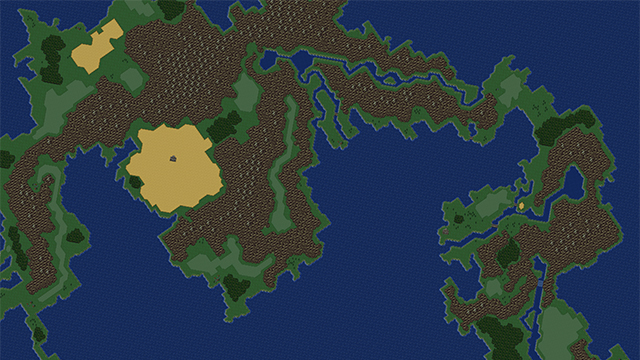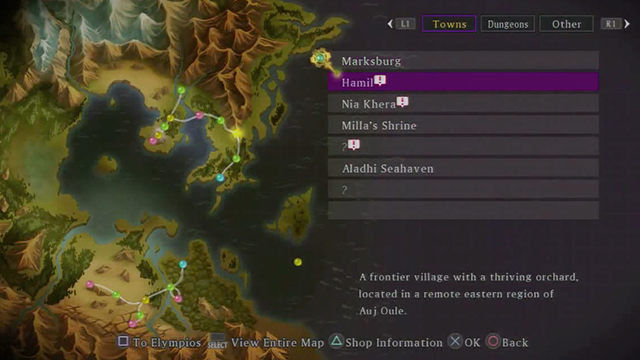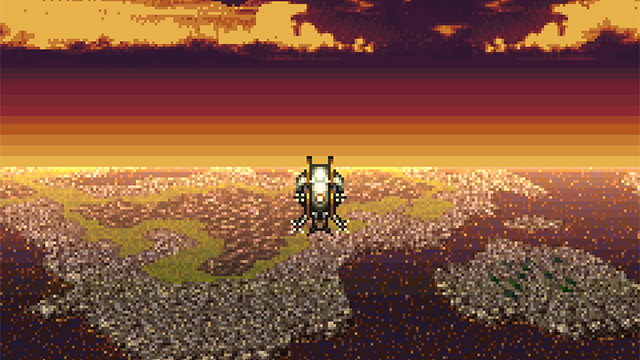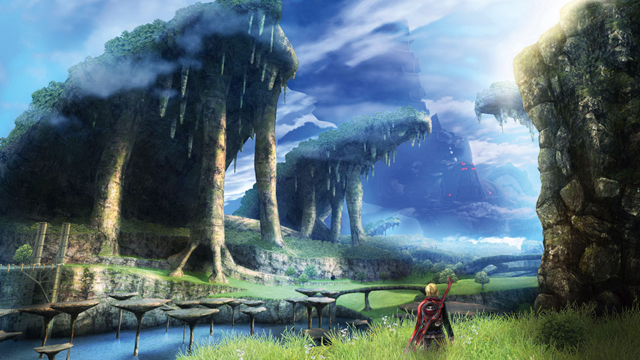
I recently finished Tales of Xillia 2. It received an average score on the “H-Skey rate-o-meter,” which throws out most conventions of game rankings and is almost purely based on emotional connection and how much and for how long it annoyed me. I thoroughly enjoyed the first Xillia game, but this one felt completely unnecessary. It didn’t bother me that Bandai Namco reused a ton of assets or used the same characters. On the contrary, the characters and group dynamic are easily the strongest parts of either title, and I found the camaraderie, frequent skits and professional voice acting added a level of charm rarely seen in other games. As I traversed through the worlds of Elympios and Rieze Maxia, I felt more like I was running errands rather than going on a grand adventure.
I didn’t feel like the plot warranted another go, but that wasn’t what was bugging me. I brought up the map screen, my cursor encouraging me to fast-travel to any location in the world, and see which places on the map I hadn’t visited with a helpful colored dot differentiating between Towns, Dungeons and “Other,” things like plains or corridor-like outdoor venues that connected each area. You gain the ability to fast-travel early. This is a feature I usually enjoy, but… nope, not here. There are over 25 different locations to visit in the game, but it’s all too easy. Each one is connected by a few small rooms, which I sprint past since I don’t feel like fighting anything, and I can warp instantly to one spot from the static map screen. There’s no overworld screen, and that sucks.

It’s a trend, and I’m not a fan. Other genres use an overworld map, but let’s be honest, overworlds belong to RPGs in the same way that hit points and experience do… or used to, anyway. It’s partly because picking from a list of towns is nowhere near as exciting as exploring, but also because an overworld screen creates a sense of space and setting that a list and static image doesn’t even come close to replicating. There’s a sense of wonder as you leave the screen of a town or dungeon, knowing you’ll arrive on the epic world map screen. The music, an oh-so crucial element in role-playing games, changes to let you know you are, indeed, outside. These themes are often among the best in each game and give you a sense of grandeur, a sense that you can explore amongst dangers and monsters, but also a sense of wonder and impossible to resist allure. Final Fantasy VI has one of the best overworlds ever, for two very specific reasons.
I’ll get the first out of the way quickly: Final Fantasy VI’s overworld was incredible because while playing it, you are treated to one of the best game songs in history. It’s also labeled as Terra’s theme, but the name is irrelevant. It’s fantastic. It has a western feel, an operatic feel, a choral feel, a feeling of hope, a feeling of discovery, a feeling of loss, a feeling of nostalgia. It’s brilliant, and there’s no other word for it. Square smartly didn’t restart the song once you hit a random battle. Upon completion, the song picks up right where it left off.
The second reason Final Fantasy VI’s overworld screen is important and effective is what occurs halfway through the game. After the events of the floating continent, the entire world is in ruins. Other games might tell you lives have been lost and the world has changed, but Final Fantasy VI shows you.

The theme has changed to a bleak, sinister, organ-inspired tune, the sky is in permanent sunset colors (as opposed to the clear blue you enjoyed pre-ruin) and the entire map is changed. Continents exist where they didn’t before, massive amounts of land are just gone and the only effective way to travel anywhere is by airship, which you don’t get right away. It’s limiting, shocking, depressing and you never, ever can get back to the original world. Upon that day, the world was changed forever. The warning message that punctuates Kefka’s devastation does not lie. Without an overworld screen, this impact would be greatly lessened. If this kind of tragedy occurred in Tales of Xillia 2, what would I see? Fewer choices on a checklist. Lame.
It’s not just the lack of overworld, it’s the breaking up of the world through loading screens. Each map section of a town has anywhere from two to five different “parts.” You run to the edge of one part to get to the other. I don’t feel immersed in the same way when I walk down a hallway, then all of a sudden I’m right by the ocean. It doesn’t make me feel like the world is big; it just makes me feel claustrophobic. Xenoblade Chronicles never made me feel claustrophobic.
You know, I don’t even know if Xenoblade’s world even counts as an overworld. You can fast-travel through a map screen, sure. But the scale of the levels and the scope you experience through traveling and exploring is unmatched in everything else I’ve played. Again, this wouldn’t be possible with a ton of loading screens and a list.

You live on a planet… well actually, no, scratch that. You live on a giant, frozen robot god called the Bionis. You start out at Colony 9 on the Bionis’ kneecap, and work your way up to the very top. You can run all the way to the top of the Bionis, and it takes forever. The world is huge, the music changes and there are so few loading screens that you really get a sense of magnitude. This robot is massive; there are thousands of people living here and I can run past them all. In this video it takes the guy 14 (double speed) real-time minutes to traverse the Bionis (not the entire game). The icing on the cake? At nearly any time, you can move the camera to see the Mechonis, the other giant frozen robot god attached to the Bionis. You feel small against the backdrop of an insanely detailed, inventive, splendidly designed world.
I never got that from Tales of Xillia 2. Oh I need to go here? Warp there. Do I want to explore? Not really. I got no satisfaction from doing so; it was just another item to check off the list to visit a new area. I missed running out into the wild with little or no direction. I missed the freedom and hated the claustrophobia, or the lack of connection landscape. I missed the effort.
The new Xenoblade game is said to be even bigger than the original, with a ton of items to collect and maps to conquer. I’m sure it won’t have a theme as good as Final Fantasy VI’s, but I’ll take any overworld over a non-world any day. (Unless it’s Suikoden IV; that map can go jump in a lake.)



















